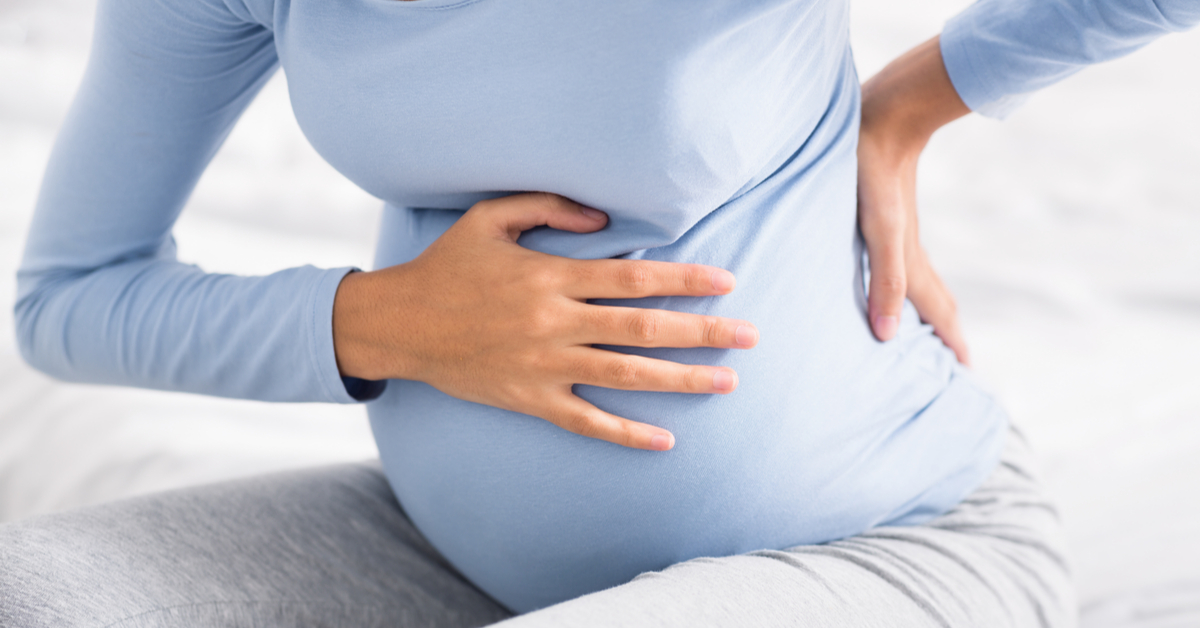Is It Safe to Fly During Pregnancy? Risks by Trimester & Travel Tips
Wondering if flying while pregnant is safe? Learn the trimester-specific risks, airline policies, and essential travel tips for expectant mothers.

1. Flying During Pregnancy: General Risks
In most healthy pregnancies, flying is considered safe. However, risk factors depend on the week of pregnancy, the mother's health status, and travel conditions. Special attention should be given to risks such as deep vein thrombosis (DVT), dehydration, and limited mobility.
2. Risks and Tips by Trimester
a) First Trimester (0–13 weeks)
-
Risks: Higher risk of miscarriage in general, although flying doesn't increase that risk. Nausea, fatigue, and hormonal changes may make traveling uncomfortable.
-
Tips:
-
Get your doctor’s approval before flying.
-
Stay hydrated and eat light snacks to manage nausea.
-
Choose shorter flights when possible.
-
b) Second Trimester (14–27 weeks)
-
Risks: Considered the safest time to travel. Miscarriage risk is lower, and energy levels are higher.
-
Tips:
-
Book an aisle seat for easier movement.
-
Walk every 1–2 hours to improve circulation.
-
Wear compression socks for DVT prevention.
-
c) Third Trimester (28–40 weeks)
-
Risks: Risk of premature birth increases. Some airlines restrict travel after 36 weeks. Physical discomfort is also more common.
-
Tips:
-
After 28 weeks, carry a “fit to fly” note from your doctor (required by many airlines).
-
Avoid long-haul flights and do leg exercises during the trip.
-
Always fasten your seatbelt below your belly.
-
3. Airline Company Policies
-
Most airlines allow travel up to 36 weeks for single pregnancies and 32 weeks for multiples.
-
After a certain point (typically 28–36 weeks), a medical certificate is required.
-
Some airlines restrict flying 1–4 weeks before the expected due date.
4. Pre-Flight and In-Flight Recommendations
-
Medical Clearance: Necessary for high-risk pregnancies (e.g., bleeding, diabetes, preeclampsia).
-
Hydration & Nutrition: Avoid raw foods and drink plenty of water to combat cabin dryness.
-
Emergency Planning: Carry local hospital information and travel insurance.
5. FAQs
-
Do airport security scanners harm the baby?
No, metal detectors don’t use X-rays and are considered safe. -
How can I reduce the risk of thrombosis during a flight?
Walk every hour, wear compression stockings, and do foot/leg exercises. -
What to consider when traveling abroad?
Drink clean bottled water, consume pasteurized dairy, and use mosquito protection in tropical areas.





























